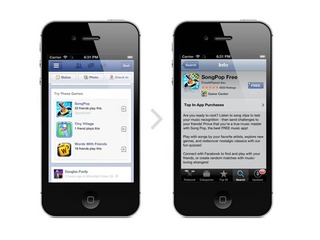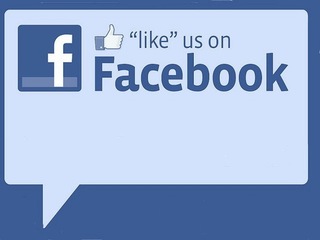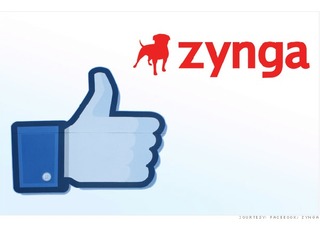DUOS expands AI capabilities to help seniors apply for assistance programs
It will complete and submit forms, and integrate with state benefit systems
Read more...
Advertising on Facebook has been a mixed bag, with the site only recently starting to find a way to capitalize on its 900 million users. The last thing Facebook needs, then, is to be accused of inflating its numbers. If brands begin to suspect that the activity is not genuine, it will start to hit Facebook in the wallet.
To appease these fears, Facebook is going to start going after illegitimate and fraudulent Likes, the company said Friday, on its official blog.
Likes are a way for Facebook to demonstrate that its users are actively engaged with the site. Brands use Likes to connect directly with users, giving its fans updates, coupons and news about the company. Therefore, a brand wants to know that they are actually talking to real people. If the numbers are being artificially inflated, then they will be selling themselves to nobody.
While Facebook says that they always protect against these types of “threats,” the new system specifically targets “those Likes gained by malware, compromised accounts, deceived users, or purchased bulk Likes.”
Despite the heavy push toward weeding out these counterfeit Likes, the site says that less than 1% of the Likes on any page are likely to actually be removed.
“A Like that doesn't come from someone truly interested in connecting with a Page benefits no one,” Facebook said.
“Real identity, for both users and brands on Facebook, is important to not only Facebook’s mission of helping the world share, but also the need for people and customers to authentically connect to the Pages they care about.”
Keeping up credibility
Going after this type of fraud will no doubt take money and man power. But Facebook has much to fear, and lose, if rampant fraud on its site becomes a major problem.
Since Facebook relies so heavily on advertising dollars as a major source of revenue, it can hardly afford to gain a reputation for having inflated numbers, driven by dubious accounts. Facebook has had major trouble figuring out a way to effectively push advertisements to begin with, and this would only make the problem worse.
Advertising accounted for $872 million of its $1.058 billion revenue in the first quarter of 2012, but a study by Greenlight in March found that only 3% of those surveyed said they regularly clicked on Facebook’s advertisements, while 44% said they never clicked.
Ads on Facebook have been so ineffective that General Motors pulled $10 million in advertising off of the website in May, right before the company went public.
How rampant is Facebook fraud?
Last month, an experiment, conducted by BBC technology correspondent Rory Cellan-Jones, involved the setting up of a page for a fictitious UK company called 'VirtualBagel Ltd' and the purchase of a Facebook ad.
Even though the company page included very little information and visuals, the page (created on July 4) amassed around 3,000 likes in just four days but the people liking this nonexistent UK company were primarily from Egypt, the Philippines and Indonesia.
Fake profiles and Likes are often a way to get spam and malware spread -- by liking someone's page and then attempting to friend them.
Earlier this month, a report surfaced that 8.7 percent, or 83.09 million Facebook accounts are actually fake.
By cracking down on fraud Facebook will endear itself to brands that it needs to continue selling ads in the future, by making them feel more secure that they are not wasting time and resources by trying to sell their products on Facebook.
“These improvements to our site integrity systems benefit both users and brands alike,” Facebook said.
“This improvement will allow Pages to produce ever more relevant and interesting content, and brands will see an increase in the true engagement around their content.”
Facebook stock was down 5.4% in trading on Friday, hitting a new low of $18.06. The stock is now down over 50% from its IPO price.
(Image source: allfacebook.com)
It will complete and submit forms, and integrate with state benefit systems
Read more...The bill would require a report on how these industries use AI to valuate homes and underwrite loans
Read more...The artists wrote an open letter accusing OpenAI of misleading and using them
Read more...



